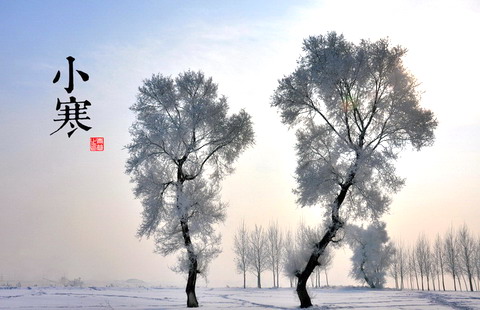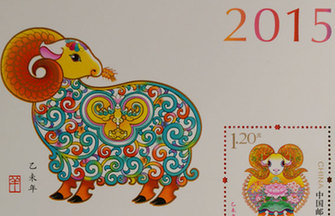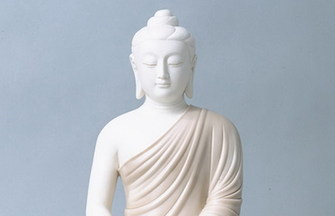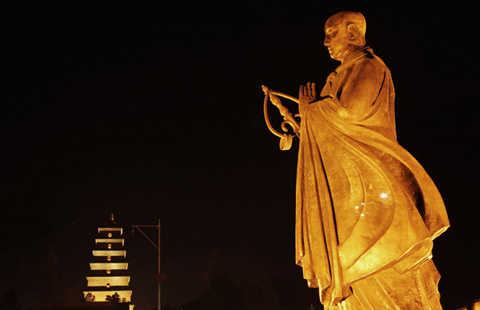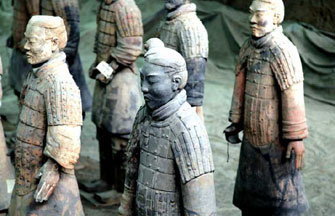He redrew the lines of domestic animation
( China Daily ) Updated: 2012-05-14 10:50:05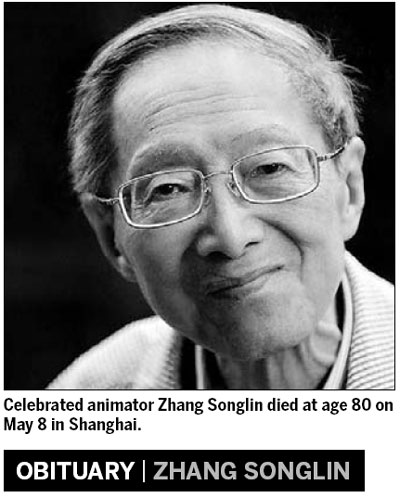
The 1960s cartoon Scatterbrain and Crosspatch has once again become a multigenerational buzz, as people commemorate the life of its recently deceased animator.
Celebrated animator, educator and director of the cartoon, Zhang Songlin, died from a cerebral infarction at age 80 on May 8 in Shanghai.
Zhang devoted his life to China's animation industry. After graduating from the Suzhou Fine Arts School, he joined the Shanghai Film Studio's animation department in 1950 and started to direct animated films from 1959.
He co-founded the China Animation Association in 1985 and served as its vice-president until 2007, when he stepped down at age 75.
"He founded the association to bring together animators and offer his advice," his daughter, Zhang Lan, tells the Shanghai-based Oriental Morning Post.
"He never said 'no' to anyone who turned to him. Our home was as busy as an office with constant phone calls and faxes."
Zhang Songlin joined the production of more than 200 animations. He directed Little Swallow, Bee and Earthworm and was the screenwriter of The Crowing Rooster in Midnight.
Scatterbrain and Crosspatch tells a story about two kids - "Scatterbrain" (Meitounao), is forgetful and careless, while "Crosspatch" (Bugaoxing) has a horrible temper.
They're temporarily turned into adults in hopes of overcoming their weaknesses. After they bring trouble on themselves and others, they finally conquer their flaws.
The film shows Zhang's unique and creative understanding of animation, which stands out by even today's criteria, his former student Chang Guangxi says.
Chang is a successful animation director, whose works include the award-winning Lotus Lantern.
"The film tells a modern story with a humorous tone at a time when animation was basically adapted from folk stories and myths," Chang says.
Chang created Scatterbrain and Crosspatch in 1962 with classmates at the Shanghai Film School's animation department under the guidance of Zhang, who was then the department's head.
"I still remember what it was like when 30 of us produced the 20-minute film in four months," Chang says.
"It's my career's starting point. I should thank Zhang for the enlightenment and for giving us the opportunity to create such a wonderful work for our graduation project."
These old animations are classics beloved by generations. "I watched Scatterbrain and Crosspatch again online as soon as I heard about Zhang's death," 26-year-old Shanghai office worker Zhu Hongyan says.
"I was surprised to find it's still interesting and sincere, although simple and without much in terms of the visual effects of today's 3D animation."
Zhu says she and her family are fans of other Chinese cartoons, such as The Monkey King: Uproar in Heaven and The Legend of the Sealed Book.
"Those films accompanied the childhoods of people born from the 1950s through the 1980s. They're precious memories."
Shanghai Animation Film Studio's president Qian Jianping is impressed by Zhang's deep understanding of China's animation industry, which Zhang demonstrated even after his retirement.
"He pointed out the number of Chinese animation films keeps increasing at the cost of quality," Qian says.
"A director can no longer take care of every part of a film in today's commercialized assembly lines. Zhang said a good film should have a standard."
China's animation featured unique styles and genres in Zhang's era. It had earned an international reputation and was recognized as the "Chinese Animation School" in the 1960s and '70s. The other three schools were the American, Japanese and European.
"We had water-ink cartoons, puppet cartoons and paper-cut cartoons," he recalls.
Qian believes domestic animators' copying of US technology has homogenized styles. "We'll eventually lose our own style," Qian says.
"The peak of China's animation industry came about because of the collective efforts of such animators as Zhang. His passing is a huge loss."
Zhang's funeral will be held at the Shanghai Longhua Funeral Home on May 14. Shanghai Animation Film Studio will host a memorial on June 18.
Related Articles
Tags
|
|
|
|
|
|
Editor's Picks
Hot words
Palace MuseumEasy TalkChinese Valentine's DayGaokaoStart of AutumnCulture InsiderTop 10sTeaDragon Boat FestivalChinese at Cannes
Most Popular





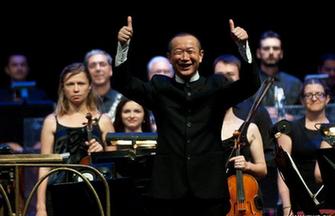












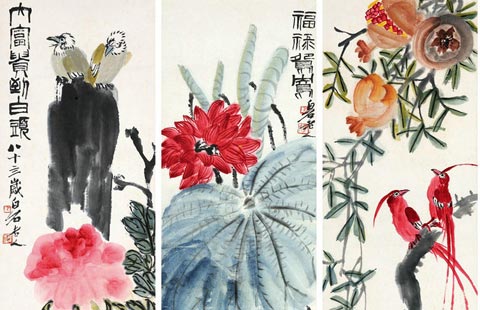



 Raymond Zhou:
Raymond Zhou: Pauline D Loh:
Pauline D Loh: Hot Pot
Hot Pot Eco China
Eco China China Dream
China Dream China Face
China Face
